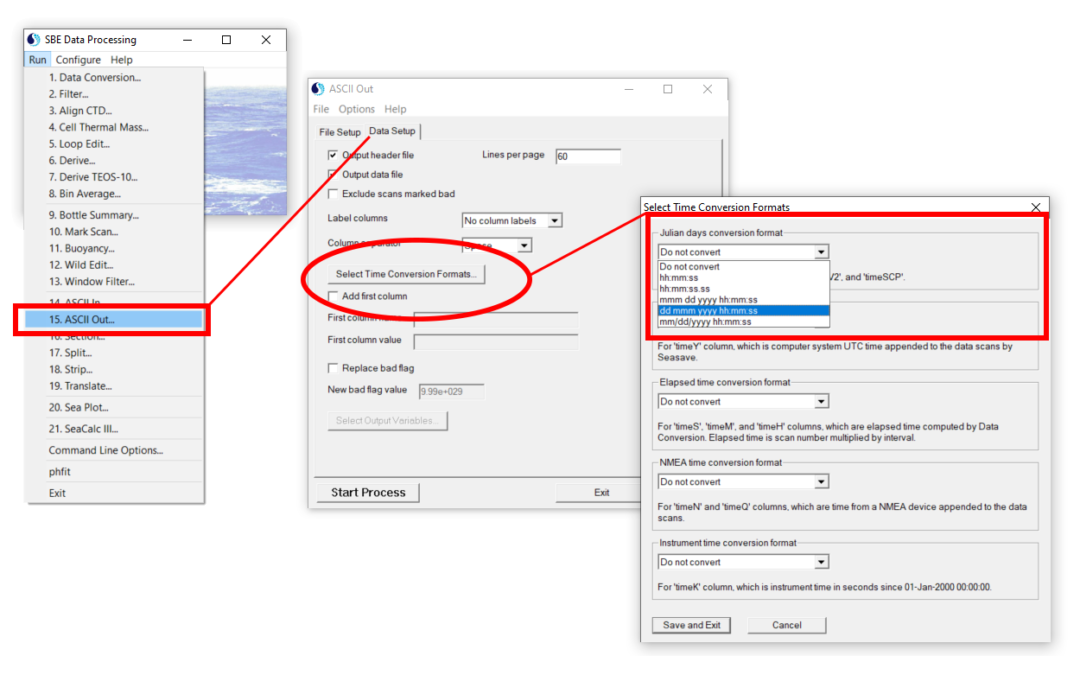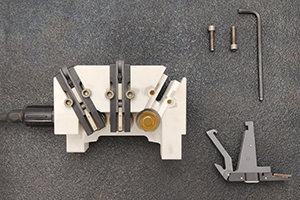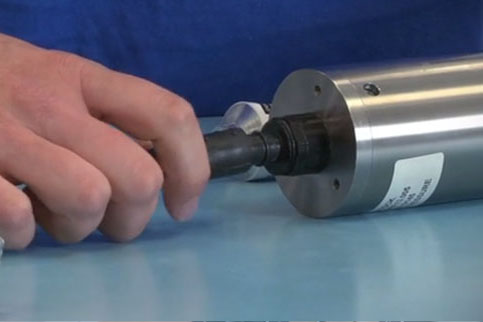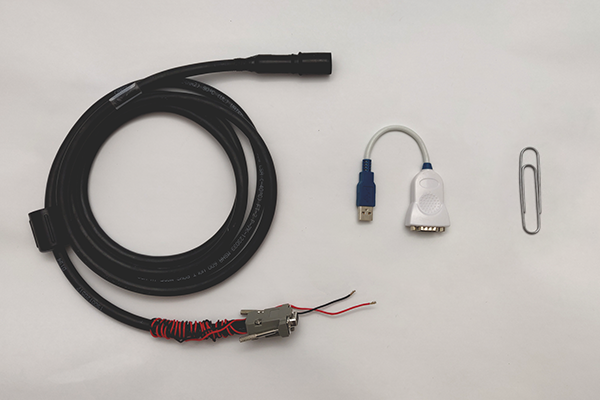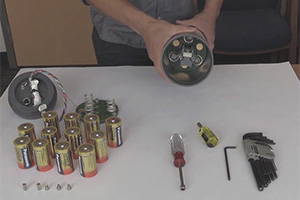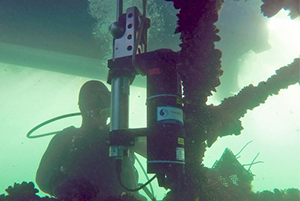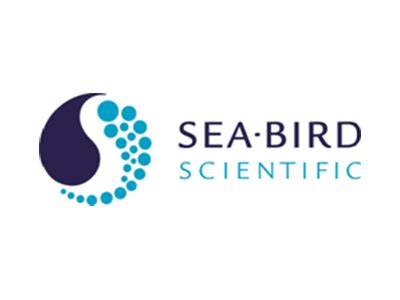Tech Tip: Julian Days Format “Julian Days” is a numerical timestamp format, calculated by Sea-Bird Scientific CTDs as the number of the days since Jan 1 of that year (e.g., noon on Feb 3 = 34.5). While this format is useful, it is usually more convenient to display...
